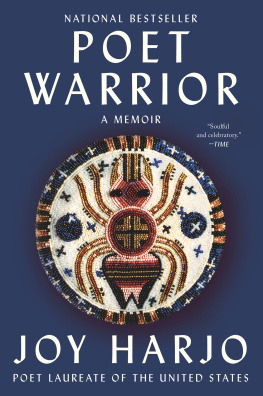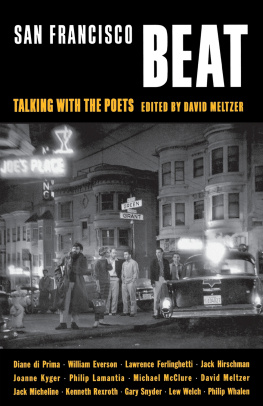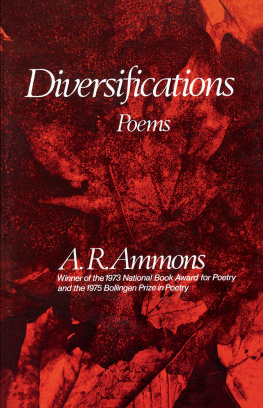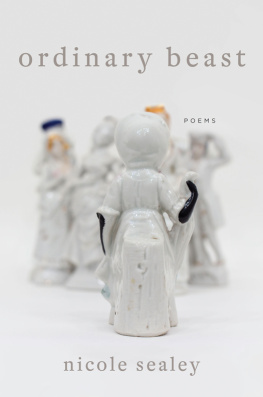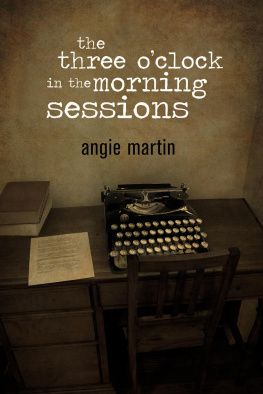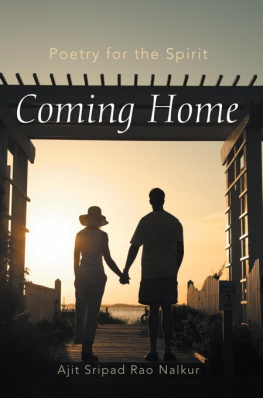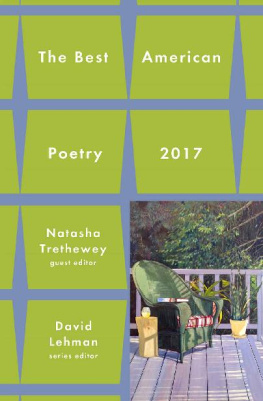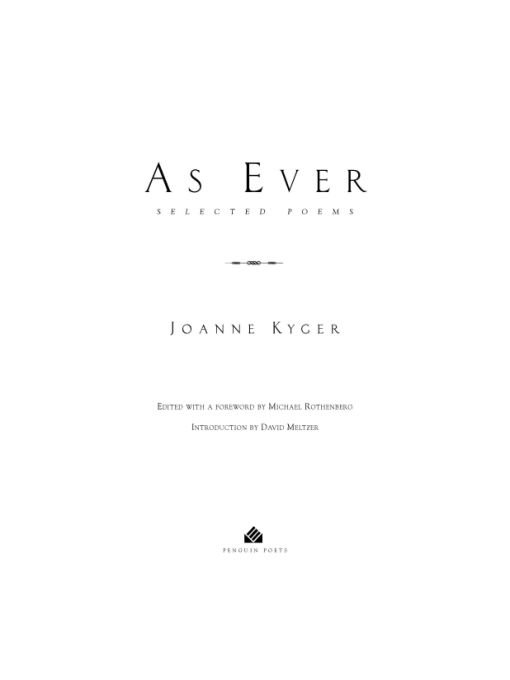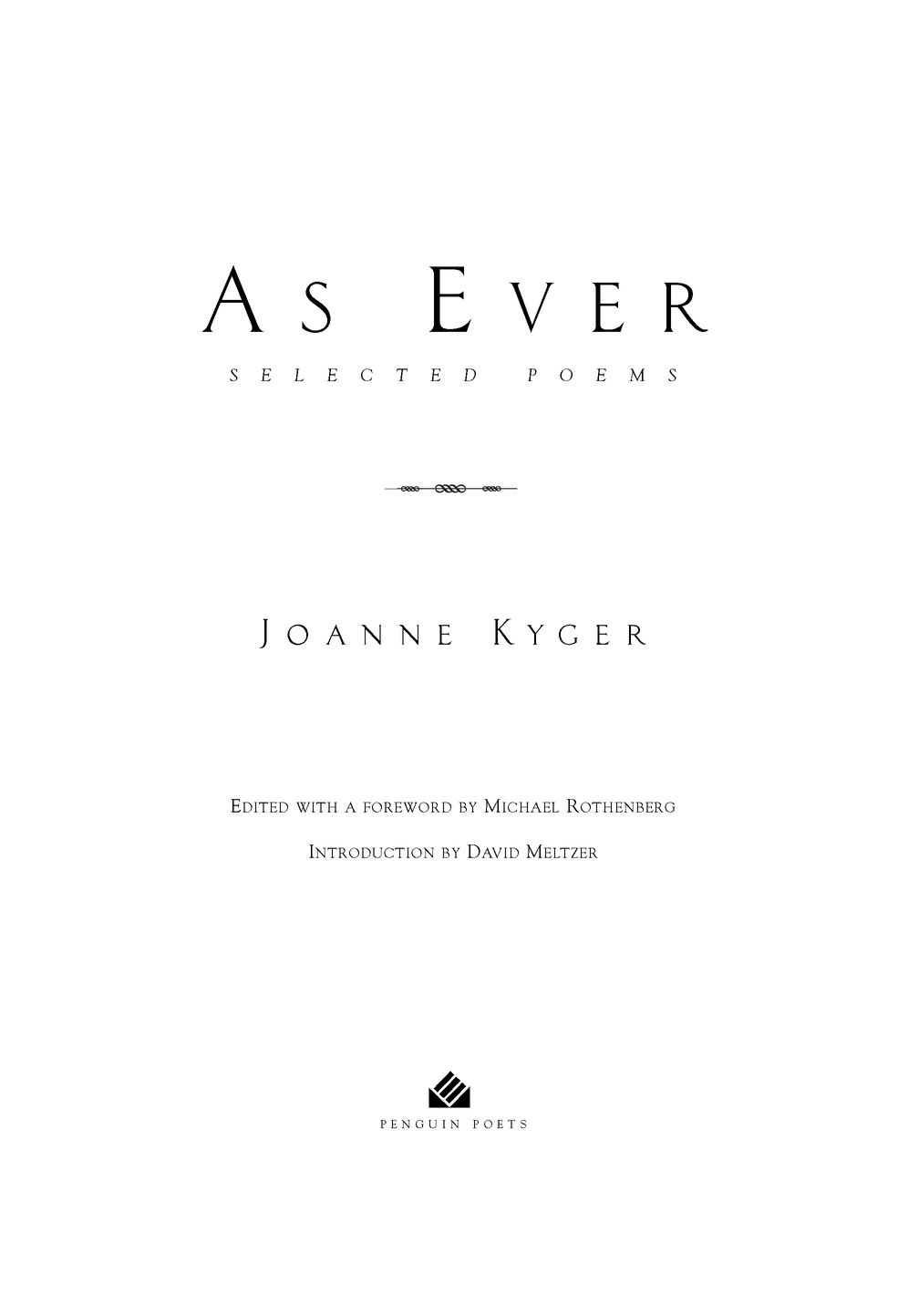Table of Contents
ALSO BY JOANNE KYGER
The Tapestry and The Web
Joanne
Places to Go
Desecheo Notebook
Trip Out and Fall Back
All This Every Day
The Wonderful Focus of You
The Japan and India Journals: 1960-1964
Mexico Blond
Up My Coast
Going On: Selected Poems 1958-1980
The Dharma Committee
Man/Women
Phenomenological
Just Space: Poems 1979-1990
Some Sketches from the Life of Helena Petrovna Blavatsky
Ptzcuaro
Some Life
Strange Big Moon
Again
To those who love to read
FOREWORD
In order to hear Joanne Kyger, quiet your mind. Listen carefully. Allow room in your head for the conversation she is having with herself, with others, with you.
Joanne has a truly strong voicedelicate, graceful, and never wasteful. Always lucid. You can hear her speak; her word choice is immaculate.
I have learned more about poetry from Joanne than from any other poet. She is one of the major experimenters, hybridizers, visionaries, and advocates of poetry. But she is too occupied with experience and creation to spend time blowing her own horn. She speaks for poetry first.
Joannes love for poetry manifests itself in a grander scheme of consciousness-expansion and lesson but is always in the realm of the everyday. Or just space. She sees all days in every day, where mythologies become the root system. She uses the journal as a hothouse for poetry, where the journal is a place for poems as well as the poem itself.
Joanne does not work to commodify the moment. She writes everywhere, telling a story directly, sequentially, or filtering it as the story itself wants to be told. Shes taking it down. Laying out each word, phrase, and space in projectivityan innovator in the projective line breath. She uses the page for scoring each movement of mind/breath to reflect her experience. Read it out loud. Youll hear her poetry move and pronounce itself, lines shift in speed through space.
Masterful, commanding and quiet, almost transparent, theres life behind the line in Joannes poetry. It is Joanne herself, listening to the world or nothing at all, which allows the mind to rest. The poem, poet, and audienceall happens at once.
Space and hesitations. The moment around the hesitation. Then the poignant turn. Joannes poetry is poetry with attitude. Immediate, playful, colloquial, and instructional. She lets you know where its at and how to do it and when. Now.
Michael Rothenberg
INTRODUCTION
9:viii:01
Joannes work and presence have been a part of my life for more than 40 years. We met in North Beach in the late 50s, in the days of Beat vs New Criticisms canon of suck-egg parsons, dons, and tight-assed conservative brilliance, where formalisms top hats were joyously snowballed by speech-based vernacular verse allied to William Carlos Williams. The postwar maelstrom and radioactive pastures opened up the end of traditional Western civilization as all had known and believed in it, and young people were there to pick up the pieces and make new sense of everything and nothing. I was in exile from Brooklyn, brought to the coast by my father in search of work. While he stayed in Los Angeles in a no-win decline, his arrogant poet son started hanging out with artists and hipsters and soon defected to San Francisco.
Joanne and her crew (or sangha) were mostly Californians with a very distinct sense of place apart from East Coast folks, especially us New Yorkers whose wilderness was Central Park or the Bronx Zoo. Its important to remember (or realize) that those days were before literary academicians freeze-framed them into movements or generations. The slickest, surest way to defang dissent and creative doubt is to accept it and (ugh) incorporate it into glossy narratives circulated throughout institutional castle culture. (A big irony many tapdance around.) Even then, Joanne was a thoughtful and thinking (and self-effacing) poet of deep innate knowing. Her early work was distinctly complex, personal, and resistant to expectations. Her first book, The Tapestry and The Web, published in 1965 by the roshi of New American Poetry, Donald M. Allen, displayed a complex yet playful reflection of her apprenticeship years in the North Beach academy of bars and pads and galleries under the generous and cranky pedagogy of Jack Spicer and Robert Duncan.
Her work demands and awakens attention to the extraordinary ordinary, the so-called everyday; daybook moments written by a highly selective eye/I selectively and attentively annotating whats before and beyond her eyes.
10:viii:01
Like her ally and mentor Philip Whalen, Kyger is an unorthodox American Buddhist. Heterodoxical yet profoundly traditional to the essence of the practice, deeply devoted to her own earned terms of spirit and self-awareness. Practice does not make perfect, nor do I believe perfection is the goal; her poetry consistently illustrates perfection immanent in the everyday.
Joannes work slides in and out of range as an aside, a quip, a flip so-and-so that turns inside out and youre face to face in emptied space, smashed ego scattered all over the place, beyond repair, within transformation. Her casual familiar gossipy tone, sometimes flustered and always self-critical, disarms and alarms us in the brilliance of whats revealed. Nothings hidden or concealed from her attention. If theres a secret, its anywhere, everywhere.
11:viii:01
An ongoing poetics of place and realization of self therein. Kygers hometown communiqus are an informal epic, less arcane and self-conscious than Paterson or the Maximus Poems. How a life is lived with wonder and drudgery, devotion, and a reckless certainty at home in the absolute core of nothing and everything in a moment. No other poet of my generation has been able to make the pleasures and particulars of the everyday as luminous and essential and central.
Early influences were the grand mind lights of Robert Duncan and Jack Spicer, and no doubt William Carlos Williams. But the bridge is Philip Whalen, whose mind graphs allow, as they demonstrate, an expansive and nonauthoritarian attempt to write a distinctive yet unofficial poetry. Meditations that track the streams and strands of mind in its continuum and flight from captivity.
12:viii:01
Were all in the living roomJoanne, Tina, Arthur Okamurasinging in sincere neobarbershop exuberance: Sentimental Journey.
13:viii:01
the shed on her property (then), rough but intensely comfortable with comforters, candles, and fresh-cut flowers in a precious vase no different than those chianti bottles beatniks stuck their candles into.
14:viii:01
going over the twisty hills into San Francisco to a poetry reading; Joanne raving apologetically about Jane Austen.
15:viii:01
never much talk of Zen, as if it werent yet as evident everywhere.
poems replete with graceful attention and an almost courteous relation to the world and reader.
poems astute with hard tact.
poems unknowable in the knowing.
16:viii:01
rowdy dances in town; loud late-night celebrating. Trancing back home with immensely present thick soup of stars overhead and tame and wild dogs barking on the mesa. Their turn.


